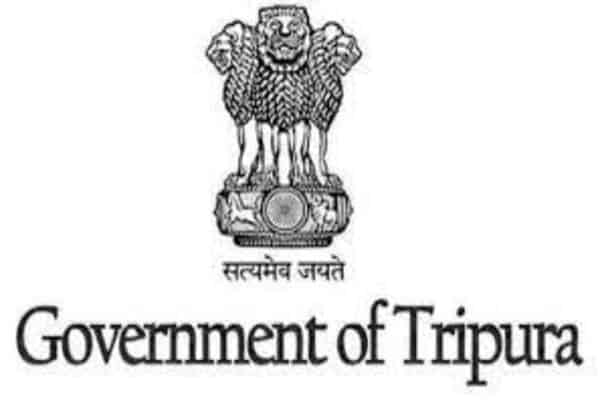The Tripura government has established a committee tasked with overseeing the process of granting citizenship to eligible individuals under the controversial legislation. The decision, announced amidst ongoing discussions and protests surrounding the CAA, underscores the government’s commitment to implementing the contentious law despite opposition from various quarters.
The Citizenship Amendment Act, passed by the Indian Parliament in December 2019, seeks to grant citizenship to persecuted religious minorities from neighboring countries, including Hindus, Sikhs, Buddhists, Jains, Parsis, and Christians, who entered India before December 31, 2014. However, the exclusion of Muslims from the list of eligible communities has sparked widespread criticism, with opponents arguing that it discriminates against a particular religious group and violates the secular principles enshrined in the Indian Constitution.
The formation of the committee in Tripura marks a significant step towards operationalizing the provisions of the CAA in the state, which shares borders with Bangladesh and has a sizeable population of Bengali Hindus, many of whom migrated from erstwhile East Pakistan (now Bangladesh) during the partition of India in 1947 and subsequent decades.
According to official sources, the committee will be responsible for verifying and processing citizenship applications submitted by eligible individuals under the CAA. It will comprise representatives from various government departments, including the Home Department, Revenue Department, and local administration, tasked with ensuring a smooth and transparent process for granting citizenship.
The decision to form the committee has drawn both praise and criticism from different quarters. Proponents of the CAA view it as a long-awaited measure to provide relief to persecuted minorities who have sought refuge in India due to religious persecution in their home countries. They argue that the legislation is a humanitarian gesture aimed at offering protection and dignity to those in need, in line with India’s ethos of hospitality and tolerance.
However, critics remain skeptical of the government’s intentions, raising concerns about the potential implications of implementing the CAA in Tripura, a state with a history of ethnic and communal tensions. They argue that the legislation could exacerbate existing fault lines, fuel communal strife, and marginalize minority communities, particularly Muslims, who fear being targeted and excluded from the citizenship process.
The formation of the committee has also reignited debates about identity, citizenship, and inclusivity in India’s diverse and pluralistic society. Critics argue that the CAA undermines the secular fabric of the country by privileging certain religious communities over others and eroding the principles of equality and non-discrimination enshrined in the Constitution.
Opposition parties, including the Congress and Left Front, have criticized the Tripura government’s decision to implement the CAA, accusing it of pursuing a divisive agenda and ignoring the concerns of marginalized communities. They have called for the repeal of the controversial legislation and the protection of constitutional values, emphasizing the need to uphold the rights and dignity of all citizens, irrespective of their religious beliefs.
Amidst the ongoing debates and protests surrounding the CAA, the committee in Tripura faces the daunting task of navigating a complex and contentious terrain. It must strike a delicate balance between upholding the principles of justice, fairness, and inclusivity while ensuring compliance with the provisions of the law and addressing the concerns of all stakeholders.
As the committee begins its work, it is essential for it to engage in transparent and inclusive processes, prioritize the welfare and rights of all communities, and uphold the secular and pluralistic ethos of the country. The decisions and actions taken by the committee will have far-reaching implications for the social cohesion and harmony of Tripura and the broader region, underscoring the need for careful deliberation and sensitivity in navigating this challenging terrain.


